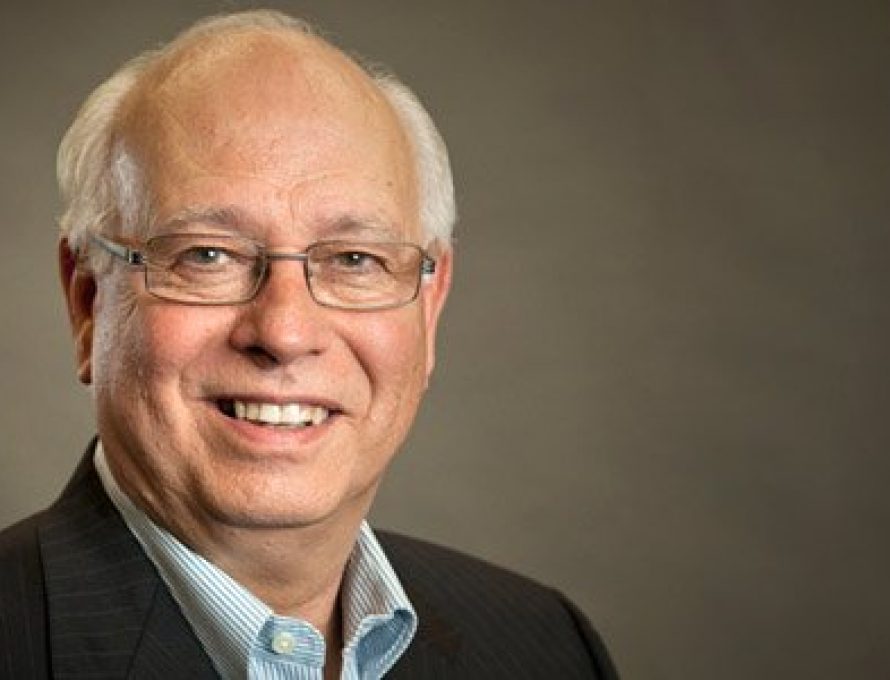In this issue we continue to ask the question, “Why?” Like inquisitive children, every organization needs to examine the “Why?” What do they do that no other organization does at that level?
Churches need to ask that question, too, but for entirely different reasons. One reason is so that churches stay on their biblical mission mandate – namely, to make disciples. Churches are engaged in reaching new people with the gospel, and they also are engaged in engaging new and older saints in being fully devoted followers of Christ.
Why a state convention? As we learned in the last issue, a state convention has an important role to play in what the Lord is doing among a network of Bible-believing, evangelistic, mission-minded churches. Specifically, the state convention is an Ephesians 4 ministry that facilitates the networking of our churches to do the “effective working” of those kinds of ministries that are larger than one congregation.
Historically and pragmatically, there are seven unique functions cooperating churches have assigned to state conventions. The first of these functions is to sound the trumpet — jurisdictional leadership. The next three have to do with our partnership in the gospel with local churches, the headquarters of our Baptist network.
2. Strengthen churches. State conventions are only as strong as the churches in their jurisdictions. The key to healthy churches is healthy leadership. State convention leaders are constantly equipping church leaders. This makes for stronger churches and healthier ministries that impact local churches, local associations, and the greater cooperative global work. State conventions focus a lot of energy on assisting local churches to become more effective in disciple-making, multiplying churches, and developing leaders.
One of these initiatives in Missouri is the Resound Network. Although still in its early stages, this initiative works regionally with a network of state missionaries, directors of missions, and mentoring pastors to come alongside local churches and their leaders through processes that catalyze spiritual and missional renewal.
3. Support pastors and servants of the Lord serving the local church. The most important key to healthy, disciple-making, and missions-minded churches is effective leadership. State conventions facilitate the work of pastors and staff members by providing leadership training, strategic planning, and personal mentoring initiatives. It doesn’t matter if the pastor is in a traditional congregation or a congregation birthed in the last six months or six years. Leadership equipping is vital for 21st century ministry.
When relational trauma erupts in a congregation or association, the state convention is a primary resource for navigating the potential hostilities. Many local churches turn to the state convention for the training of search committees and transitional leadership.
In addition, most state conventions have some level of coordinated care ministries for pastors and staff members who experience forced termination, long-term illness, and equipping. MBC has ministries available for pastors in need of counseling and mentoring.
Leadership development also is a key component in the MBC Disaster Relief ministry. Mobilizing hundreds and sometimes thousands of volunteers to address a disaster requires all kinds of leaders to help, to bring healing, and to restore hope to those who are impacted.
4. Multiplying churches. When you read the New Testament, you learn quickly that every local church is a Great Commission church. Every church that worships the Lord is constantly striving to experience effective evangelism, discipleship, and missions ministries. The biblical goal is to reach people with the gospel and start new churches that start new churches.
Churches start churches. But who coordinates the churches that are ready to be part of launching a new church? Who works with churches and associations to launch churches, equip the leaders, and develop standards and benchmarks of accountability? That work is one of the tasks of the state convention.
The state convention synergistically works with multiple churches, associations, and a pool of church planters to strategically facilitate churches planting churches. It’s very difficult for a church of 60-100 attendees to think in those terms. But cooperatively, Baptists work synergistically with churches in partnership with their local association, state convention, and the North American Mission Board to plant hundreds if not thousands of churches across North America.
State convention missiologists constantly study the demographics, and partner with local churches and associational leaders to probe strategically into new areas of ministry, culture and ethnic-linguistic groups that have the greatest potential to form new churches. The New Testament gives a pathway for reaching new Christ-followers, mentoring new leaders and launching (or relaunching) new churches.
These three functions of the state convention are part of the work state conventions do. MBC state missionaries are churchmen and women — we love the bride of Christ. The mindset of collaboration with local churches to assist them with effective gospel ministry is our way of thinking.

